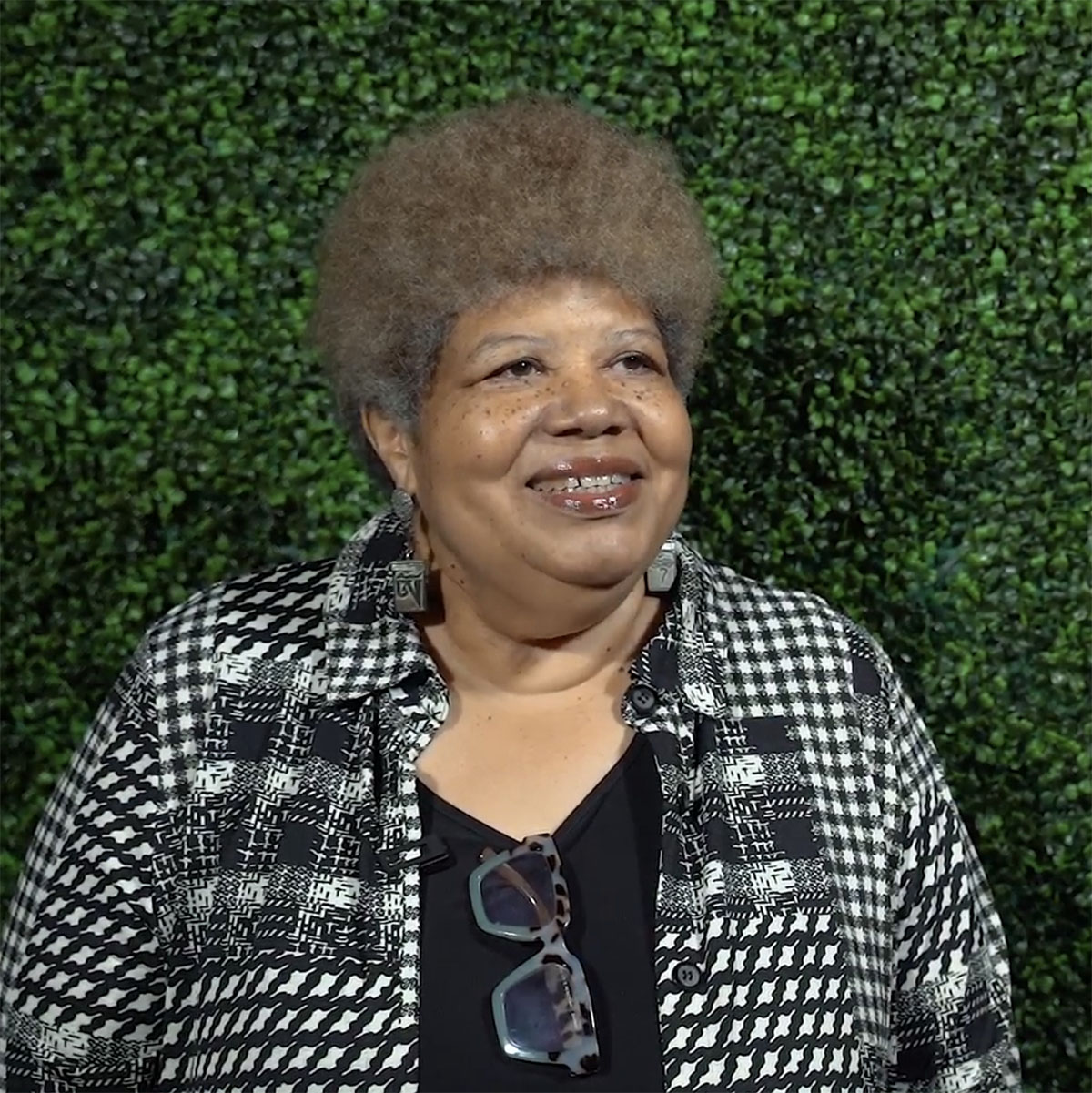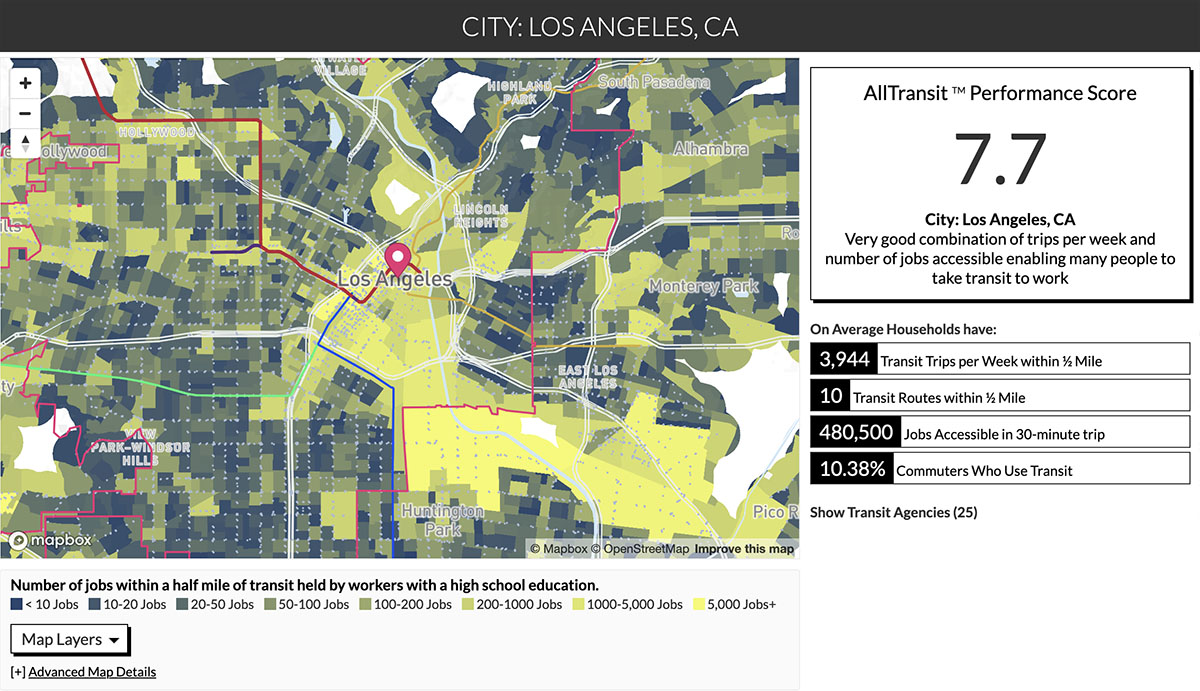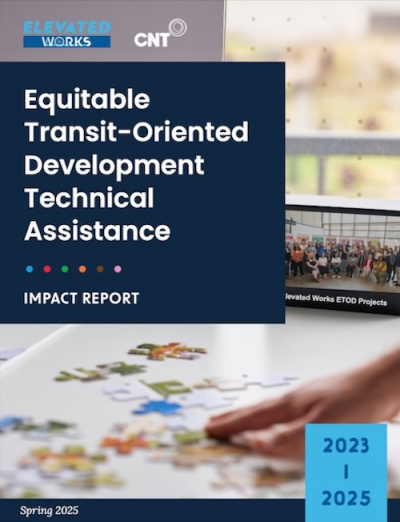
Since 2019, members of the Transportation Equity Network (TEN) coalition have stayed true to its mission to increase interaction between BIPOC-led community-based organizations (CBOs) in historically disinvested communities with transportation decision-makers.
Based in part on our experience coordinating TEN, this fall Center for Neighborhood Technology released two new tools, the Community Engagement Evaluation Framework and Our Voice, Our Budget, A guide to participatory budgeting in Chicago. These tools came from a question: how could we measure the impact and effectiveness of public agencies’ consultations with community groups?
Gaps in accountability
Over the past six years, Transportation Equity Network coalition members have made strides in connecting with public agencies. The commitment to the work of the officials we met often impressed us. At the same time, we could not help noticing the lack of a formal space to debrief formal engagements we participated in, to learn how and if agencies took feedback from Transportation Equity Network organizations into consideration.
How, then, could we ensure that engaging with the coalition would not become another required engagement as part of a larger transportation project or initiative on a tight schedule? This led us to a larger question: “How, then, could we ensure that engaging with the coalition as part of a larger transportation project or initiative would be impactful?”
Researching best practices in community engagement and accountability
To help answer this question, we researched best-practice accountability frameworks from around the country. We looked at community benefits agreements, evaluations, advisory board structures, performance standards, and actionable statements of principles among other sources. We went on to adapt what we learned to the needs and context of Chicago transportation infrastructure decisions.
Through our research and also in collaboration with the TEN Executive Committee, we landed on two main accountability frameworks:
- Community-led evaluations
- Participatory budgeting
These frameworks felt most applicable to both the Chicago context: CBOs here are regularly engaged in transportation projects as stakeholders or focus group participants due to our strong network across the different neighborhoods. Also, participatory budgeting is already taking place in several Chicago wards using discretionary aldermanic menu funds.
While inspired by our experience in Chicago, we anticipate they will be of use in other communities, as well.
Next steps
We aim to pilot the Community Engagement Evaluation Framework in partnership with both CBOs and transportation agencies that would like to see deeper community evaluation and feedback on engagement processes. This will help us set up a future of better practices that can be directly informed by the experience of our CBO partners.
We also plan to share Our Voice, Our Budget as a tool for CBOs and community members to learn more about participatory budgeting as a mechanism that can be used for greater community voice in local transportation infrastructure investments. After these initial stages, we hope to build upon the learnings of the tools to expand this knowledge to more projects as well as improve the tools themselves.
We see these tools as important first steps into solving the problem of gaps in accountability when engaging with governments, and we have seen the desire on both the civic side and community side to seek collaborative solutions such as the Community Engagement Evaluation Framework. Through this work, CNT continues to create solutions that bridge neighborhoods and governments through these challenges.





 Strengthening Transit Through Community Partnerships
Strengthening Transit Through Community Partnerships
